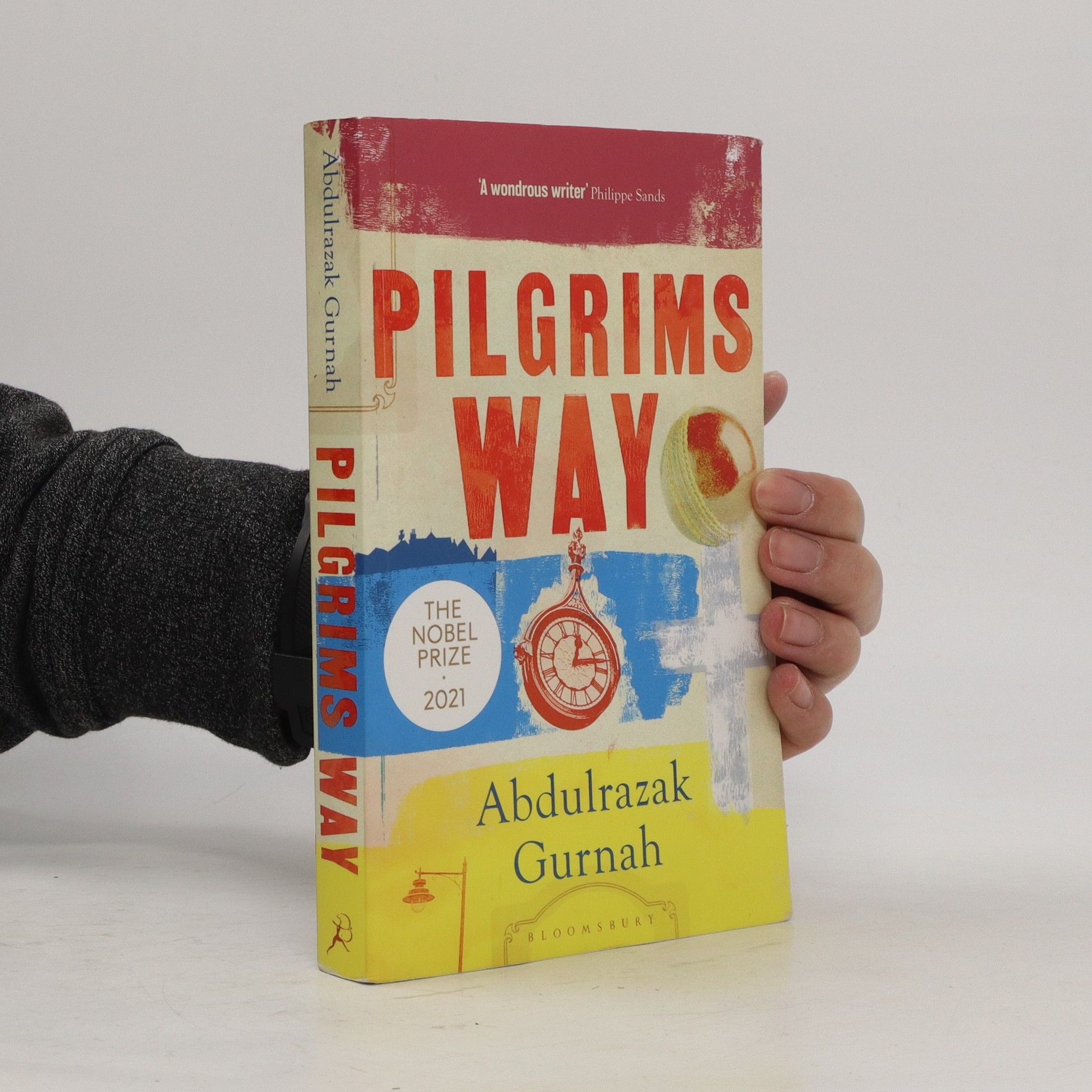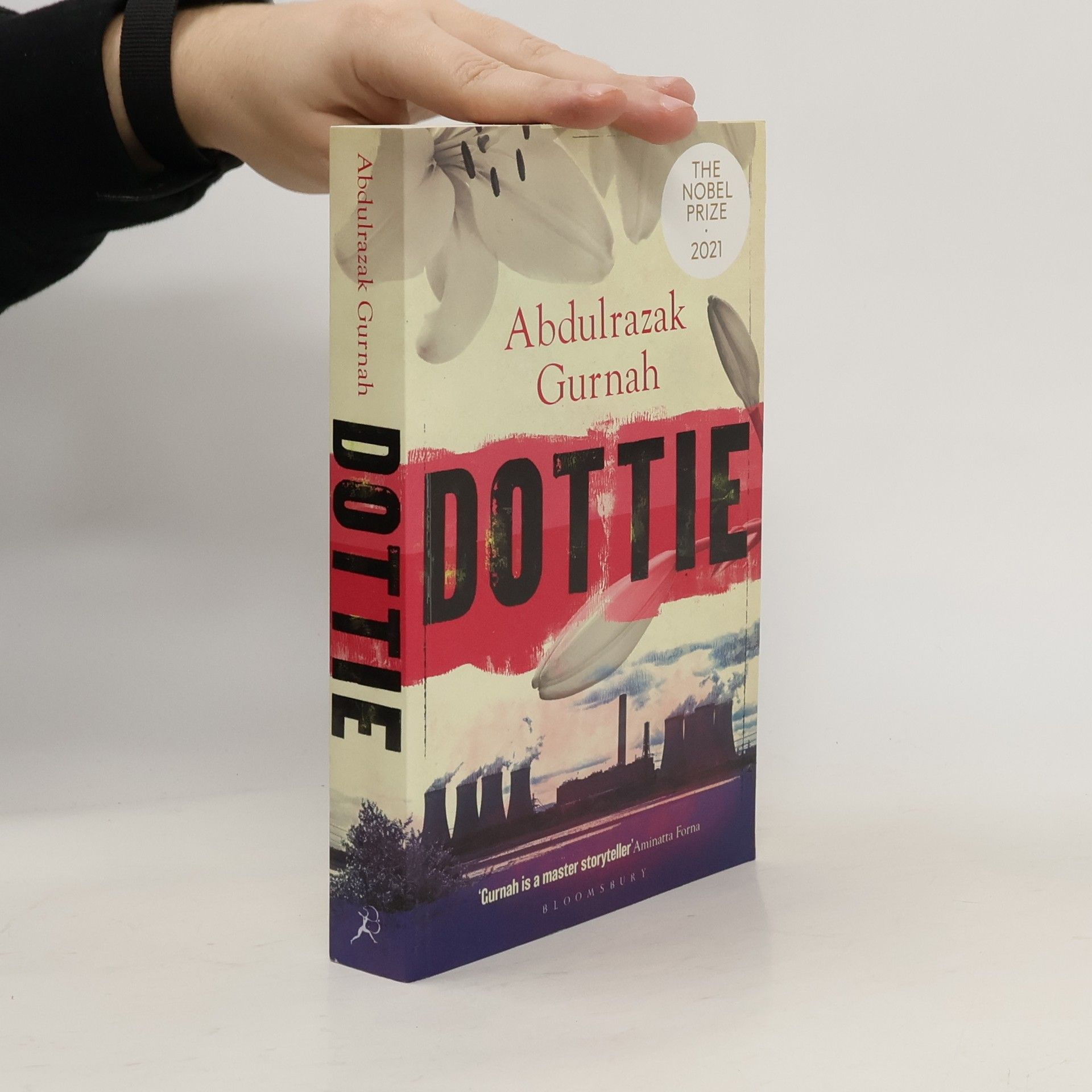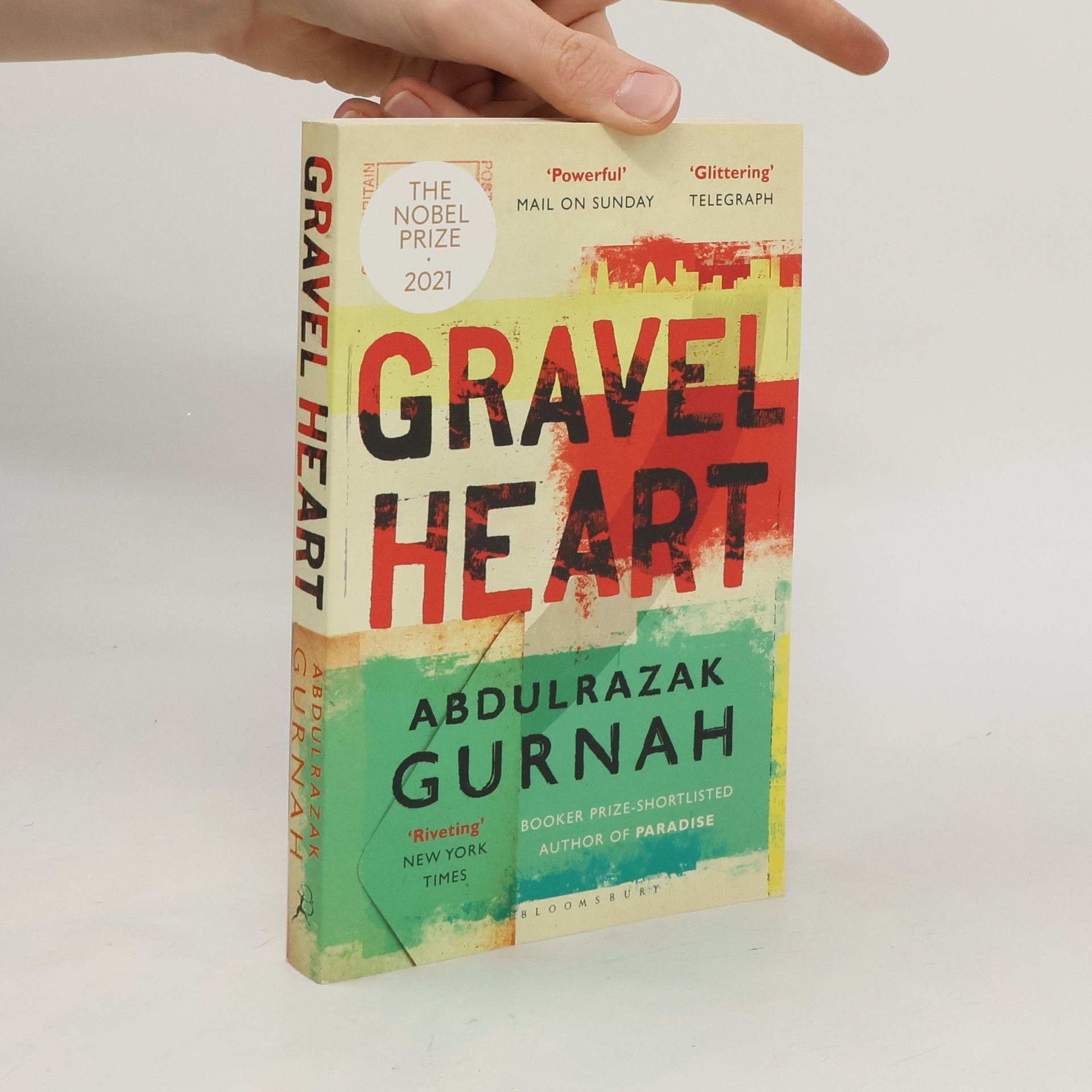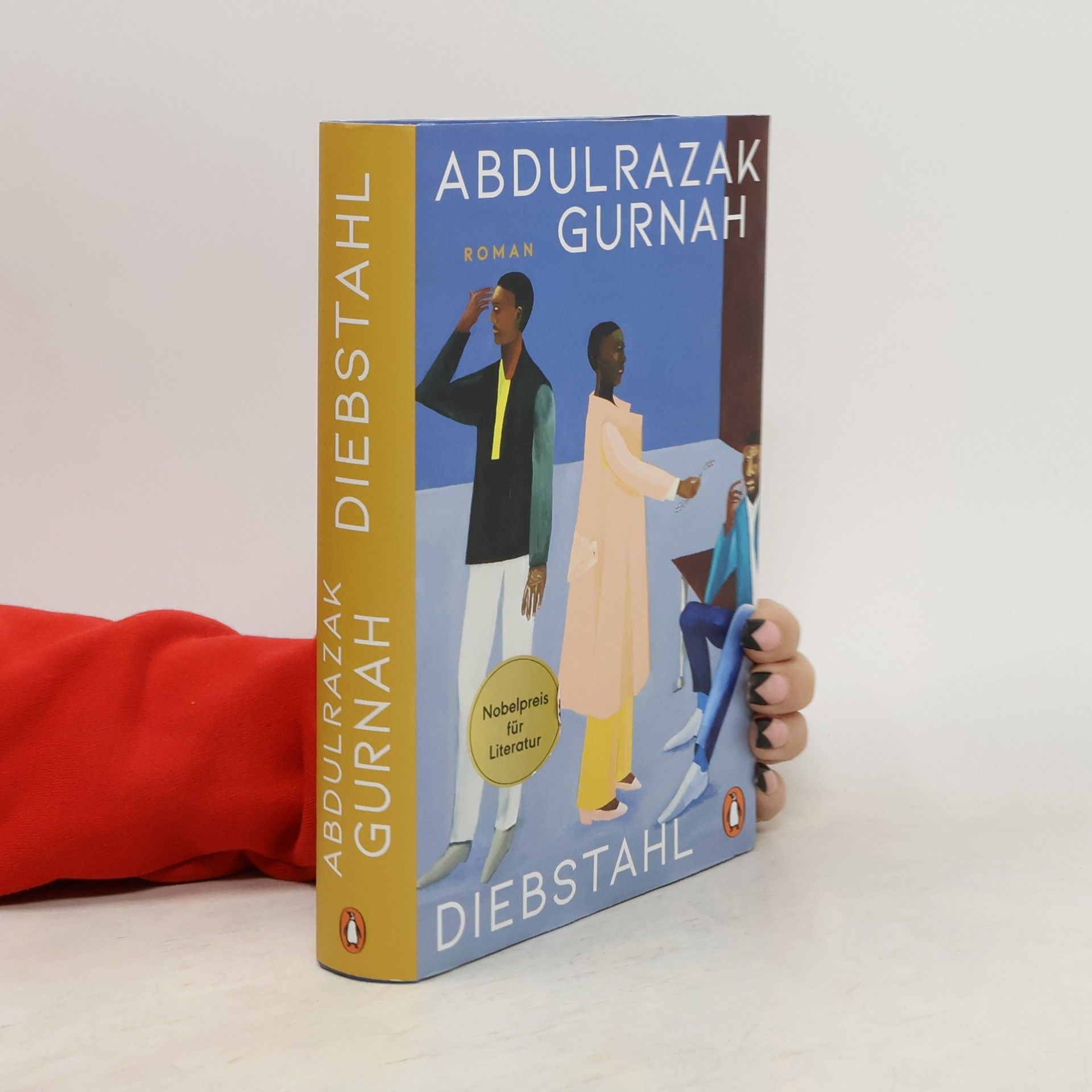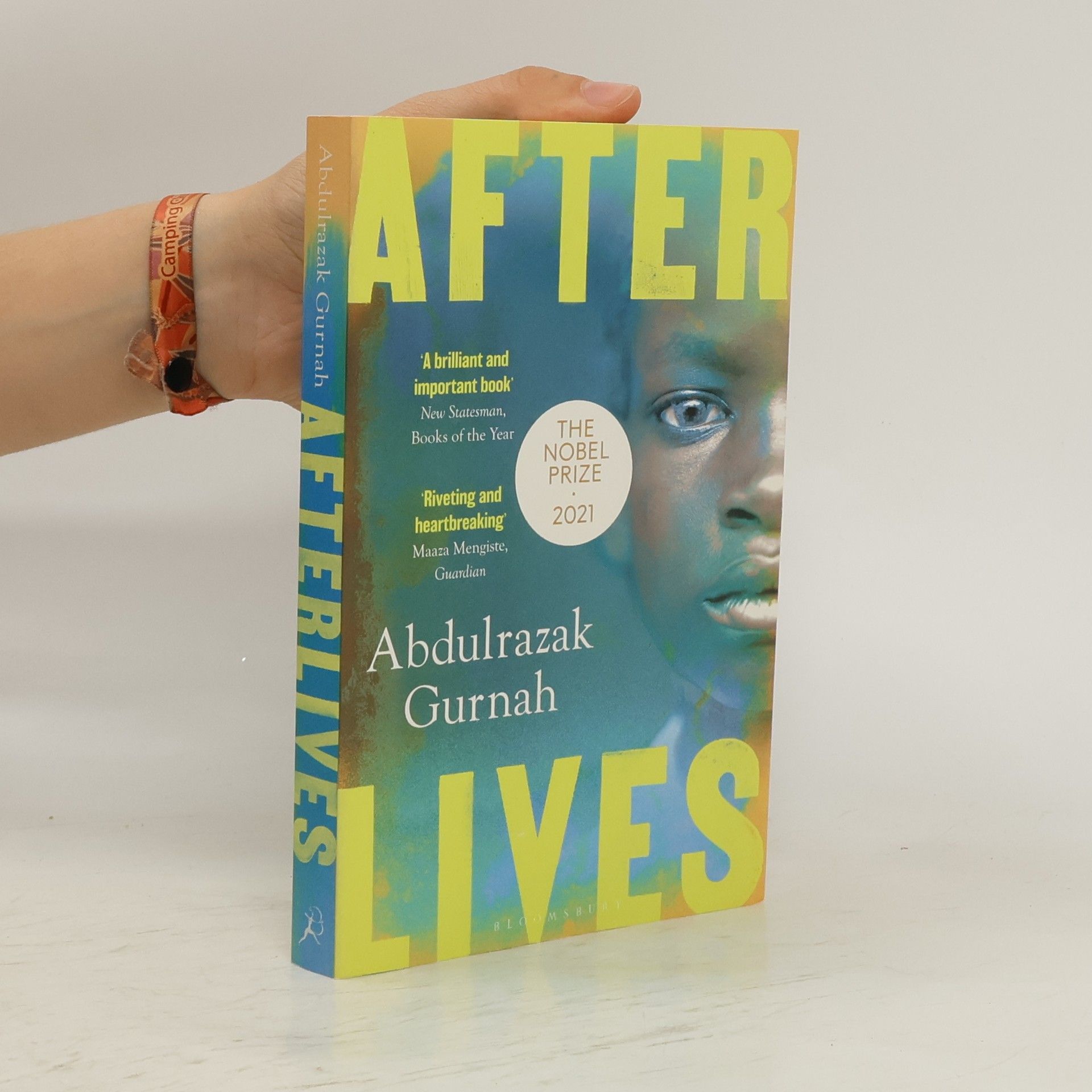Diebstahl
Roman. Bestsellerautor und Literaturnobelpreisträger - Abdulrazak Gurnah bewegt die Menschen
- 336 pages
- 12 hours of reading
Was kann sich entwickeln, wenn drei junge Menschen aus unterschiedlichem Elternhaus ihr Leben in die eigenen Hände nehmen? Klug, mit Wärme und Humor erzählt Gurnah aus dem heutigen Leben junger tansanischer Weltbürger Tansania, heute. Drei junge Menschen wachsen hier auf: Karim, der nach seinem Studium mit Ehrgeiz und großen Ideen in seine verschlafene Heimatstadt Daressalam zurückkehrt. Fauzia, die in Karim nicht nur ihren geliebten Partner, sondern auch die Chance sieht, einer allzu behüteten Kindheit zu entkommen. Badar, ein mittelloser Junge, der in Fauzia und Karim Freunde findet und von ihnen Hilfe erfährt, obwohl nicht klar ist, was und ob die Zukunft überhaupt etwas für ihn vorgesehen hat. Als Fortschritt und Tourismus in ihrem abgelegenen Winkel der Welt Einzug halten, nimmt jeder der drei das Schicksal in die eigenen Hände. Auf der Suche nach Erfolg, Glück und Bedeutung kämpft insbesondere Badar mit den langen Schatten eines Diebstahls. »Der Ton seiner Romane ist leise, die Sprache unprätentiös. Und doch sind sie eine Wucht. […] Gurnah schreibt Weltliteratur im besten Sinne.« Falter, Sebastian Fasthuber


